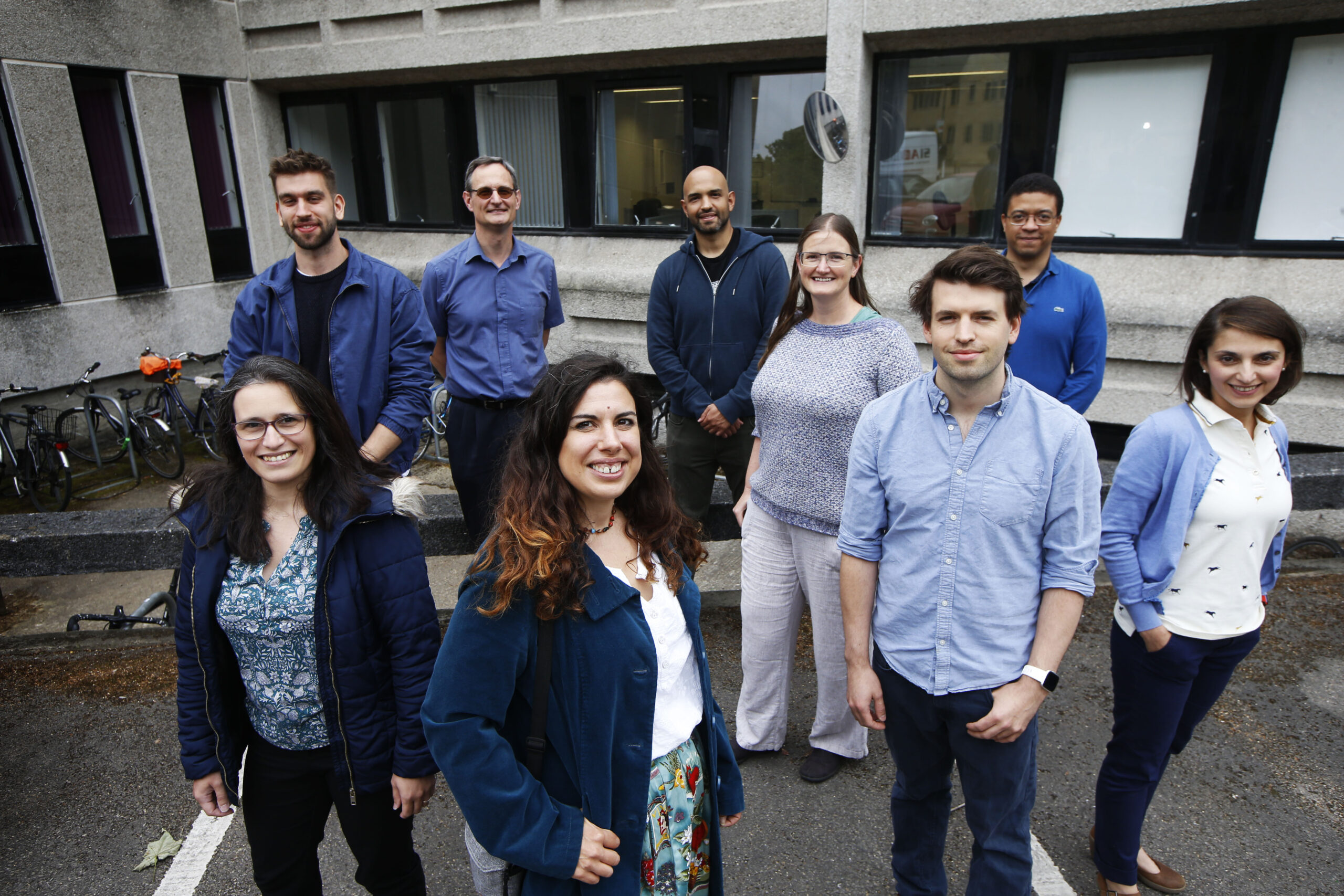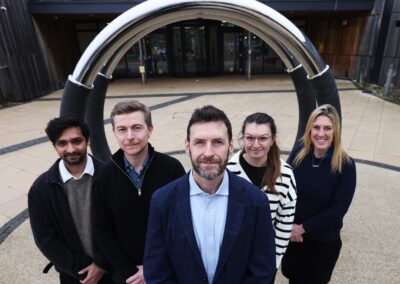We spent five minutes with Jerome Declerk from Optellum to find out more about how they detect lung cancer in the early stages.
Optellum was founded so that every lung cancer patient is diagnosed and treated at the earliest possible stage and, hopefully, cured. The aim is for every clinician in every hospital to manage patients in the optimal way. They have done this by developing the first AI clinical diagnosis support software for personalised early lung cancer diagnosis and treatment.
Lung cancer is the most common and deadliest form of cancer. It kills over 35,000 people per year and only 15% of patients survive longer than five years, primarily due to late-stage diagnosis. There are many challenges in the clinical process of detecting and diagnosing patients with the disease. Too often lung cancer is detected too late for treatment to be effective and this has led to poor outcomes and low overall survival rates. To overcome this, Optellum have developed an AI and Machine Learning platform that enables doctors to diagnose, treat and cure patients at the earliest stage of their disease. Not only does it identify high-risk patients but it also minimises the over treatment of harmless legions on the lung.
It works by analysing imaging of so-called lung nodules – often called ‘shadows’ on an x-ray or ‘spots’ on the lung. Most nodules are, in fact, harmless but a small fraction can be cancerous and this is what Optellum’s software can work out and whether further assessment is required. This means that millions of unnecessary scans, invasive biopsies and lung surgeries can be avoided on healthy people as well as quickly identifying problem areas so that treatment can be started early for those with lung cancer.
The predictive machine learning algorithms were validated against large real-world datasets including CT scans, clinical data and tissue analyses collected from hospitals across the UK, Europe and the US.
Optellum started in 2015 and is spin-off from Mirada Medical. Both companies are in Mike Brady’s (winner of our 2017 Outstanding Achievement Award) stable of start-up companies. The team – Timor Kadir, Lindsey Pickup, Jerome and Valcalv Potesil, who now heads up the company – met at Oxford’s computer vision lab. They have built strong partnerships with the NHS, NIHR, EIT Health, Horizon 2020, Innovate UK and MedCity. The company is doing a strong growth spurt, now occupying eight offices in our central Oxford innovation centre, OCFI!
At the end of September 2022, Optellum announced it had raised $14 million in a Series A funding round. This investment enables the company to expand its operations and commercial launches in the UK and USA, accelerate its research and development, and expand its platform to support personalised treatment. Most recently, in March 2023, Optellum have been recognised as one of the 150 most promising digital health start-ups of the year by CB Insights, a market research and business analytics firm.
If you want to find out more about Optellum, see here. Also, watch a short animation that explains what they do here.



